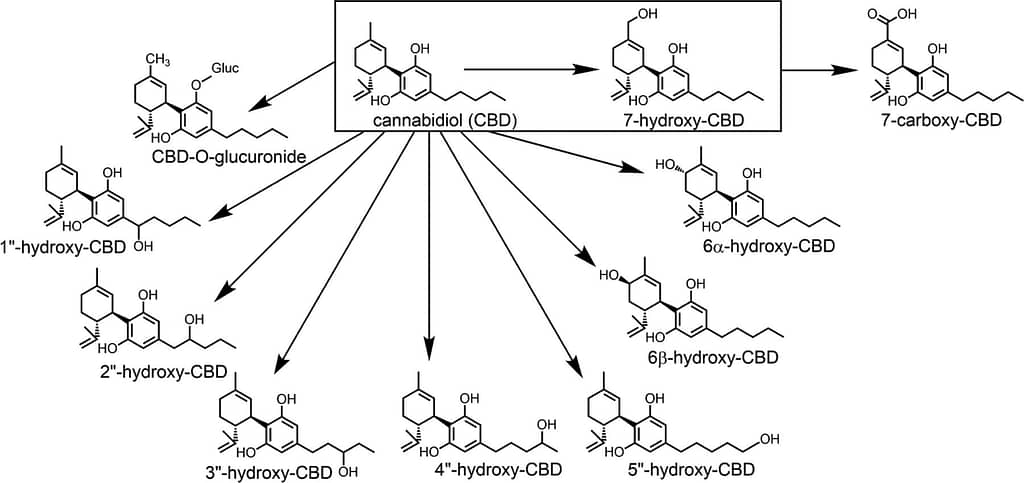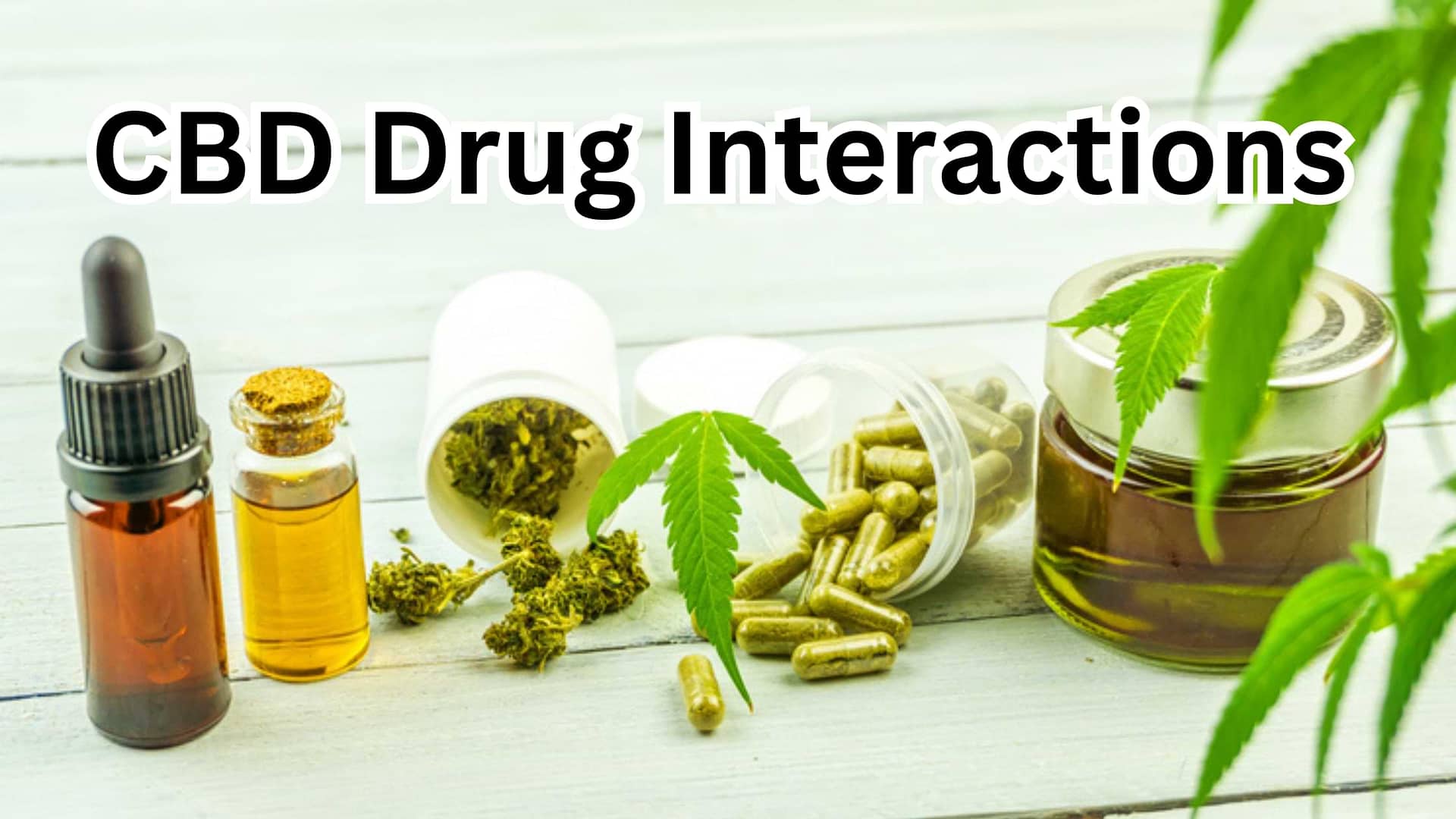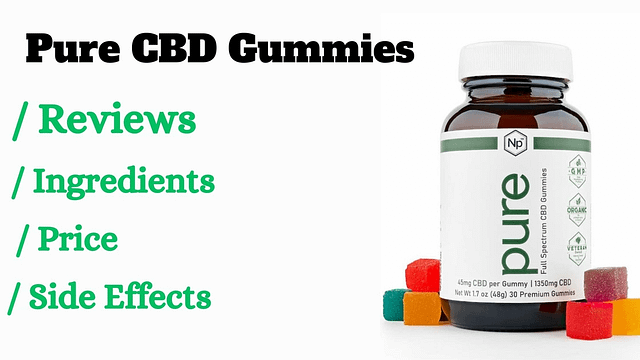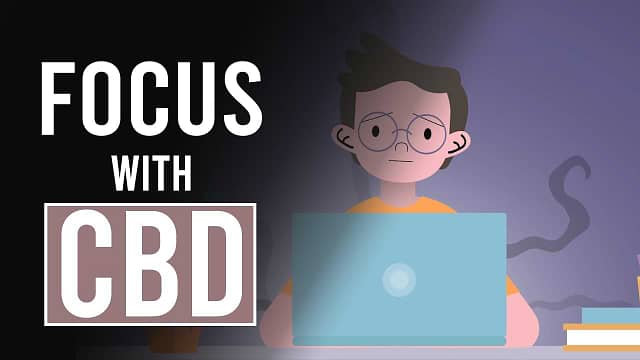CBD, short for cannabidiol, is known for its potential health benefits. But when you use it with other medicines, things can get tricky. You see, CBD can affect how those medicines work. It can interact with familiar drugs like anti-epileptic meds and antidepressants.
But here's the twist: it can also mix with everyday stuff like acetaminophen or even alcohol. In this guide, we'll break down CBD Drug Interactions with these meds in plain language. We want you to understand the risks and benefits, so you can use CBD safely alongside your treatments.
Table of Contents
- 1 CBD and Cytochrome P450 Enzymes
- 2 The Role of Grapefruit and CBD
- 3 CBD and Blood Pressure Medications
- 4 CBD's Impact on Antidepressants
- 5 CBD and Antiepileptic Drugs
- 6 Warfarin and CBD: A Blood-Thinning Concern
- 7 CBD and Benzodiazepines
- 8 Immunomodulators and CBD
- 9 CBD Drug Interactions with Acetaminophen and Alcohol
- 10 Conclusion
- 11 Frequently Asked Questions (FAQs)
- 12 What is CBD's interaction with cytochrome P450 enzymes?
- 13 Why is CBD compared to grapefruit concerning drug interactions?
- 14 Can I take CBD with my blood pressure medication?
- 15 Is it safe to use CBD alongside antidepressants?
- 16 Are there benefits to using CBD with antiepileptic drugs?
- 17 What precautions should I take when using CBD with warfarin?
- 18 How does CBD enhance the effects of benzodiazepines?
- 19 Should I use CBD if I'm taking immunomodulatory drugs?
- 20 What medications and substances does CBD interact with unexpectedly?
- 21 What is the most important takeaway regarding CBD drug interactions?
CBD and Cytochrome P450 Enzymes

The first and foremost aspect to consider when exploring CBD drug interactions is its relationship with the cytochrome P450 enzyme system. These enzymes play a vital role in metabolizing a wide range of medications, and CBD has been found to inhibit some of them, potentially affecting the metabolism of various drugs. Some of the common medications that interact with this system include:
Warfarin: CBD can increase the effects of this blood-thinning medication, potentially leading to an increased risk of bleeding.
Antiepileptic Drugs (AEDs): CBD interfere with the metabolism of AEDs such as clobazam and valproate, which could impact their efficacy. Patients with epilepsy using both CBD and AEDs should consult their neurologist for guidance.
Antiretroviral Drugs: In the context of HIV treatment, CBD interact with certain antiretroviral medications, like ritonavir. This interaction can affect the blood levels of these drugs, potentially leading to treatment challenges.
The Role of Grapefruit and CBD
To better understand the implications of CBD on drug interactions, it's crucial to draw a parallel with grapefruit. You might have heard of the “grapefruit warning” that accompanies some medications. This warning advises patients to avoid consuming grapefruit or grapefruit juice while taking certain drugs. This is due to the fact that grapefruit contains compounds that can inhibit the same cytochrome P450 enzymes affected by CBD, potentially leading to altered drug levels in the bloodstream.
So, if you've ever been told not to eat grapefruit with your medication, you might want to exercise caution with CBD as well. The same enzymes are involved, and the interactions can be similar.
CBD and Blood Pressure Medications
For individuals with hypertension or those taking medications to manage their blood pressure, the interaction between CBD and these drugs is of particular concern. CBD has been reported to lower blood pressure in some users, which could potentially amplify the effects of antihypertensive medications, leading to hypotension or excessively low blood pressure.
CBD's Impact on Antidepressants
The combination of CBD and antidepressants raises several questions about their combined use. Selective Serotonin Reuptake Inhibitors (SSRIs) and other antidepressant medications are commonly prescribed to manage mood disorders. However, the introduction of CBD to the equation affect the metabolism of these drugs.
CBD, by inhibiting certain enzymes responsible for drug metabolism, cause higher levels of antidepressants in the bloodstream. While this enhance the therapeutic effects of the antidepressants, it could also increase the risk of side effects of CBD or adverse reactions.
CBD and Antiepileptic Drugs

For individuals suffering from epilepsy, CBD offers potential benefits. Several studies suggest that CBD might help reduce the frequency and severity of seizures in some patients. However, it's essential to be aware of the interactions with antiepileptic drugs (AEDs) like clobazam and valproate.
CBD's influence on these medications could lead to changes in their levels in the bloodstream, potentially affecting their efficacy. This underscores the need for close medical supervision and consultation with a neurologist for anyone using both CBD and AEDs as part of their epilepsy management.
Warfarin and CBD: A Blood-Thinning Concern
A key concern when it comes to CBD's interactions is the potential for increased bleeding when using CBD with blood-thinning medications like warfarin. Warfarin is commonly prescribed to prevent or treat blood clots, and maintaining the right balance of its effects is critical. The introduction of CBD, which can enhance the anticoagulant effects of warfarin, requires close monitoring and medical guidance to prevent bleeding complications.
Regular monitoring of blood clotting parameters (INR) can help in adjusting the warfarin dosage to account for the potential interaction with CBD.
CBD and Benzodiazepines
Benzodiazepines are a class of medications commonly prescribed for conditions like anxiety and insomnia. These drugs have sedative effects, and some individuals turn to CBD to manage these same conditions. However, it's important to note that CBD enhance the sedative effects of benzodiazepines, potentially increasing the risk of sedation, drowsiness, and impaired coordination.
Patients using both CBD and benzodiazepines should exercise caution, especially when it comes to activities that require mental alertness, such as driving.
Immunomodulators and CBD
Patients with autoimmune conditions often use immunomodulatory drugs to manage their condition. These drugs help regulate the immune system's activity, preventing it from attacking the body's own tissues. In this context, introducing CBD to the treatment plan raises questions about the potential interactions.
CBD is known to have immunomodulatory effects, but these effects can vary from person to person. For patients with autoimmune conditions, using CBD alongside immunomodulatory drugs could lead to unpredictable effects on the immune system.
CBD Drug Interactions with Acetaminophen and Alcohol

Beyond the expected interactions, CBD has also been found to interact with common over-the-counter medications like acetaminophen (Tylenol) and substances like alcohol. These interactions might not be as widely recognized, but they are significant for users.
CBD and Acetaminophen: Acetaminophen is a widely used pain reliever and fever reducer. CBD's interaction with acetaminophen is not fully understood, but some users have reported enhanced pain relief when combining the two.
CBD and Alcohol: CBD's interaction with alcohol is complex and can vary depending on factors like dosage, timing, and individual tolerance. Some studies suggest that CBD reduce alcohol-induced liver damage and cognitive impairment. However, the effects can also vary, and excessive alcohol consumption, even in combination with CBD, is associated with health risks. If you're considering using CBD with alcohol, do so in moderation.
Conclusion
When using CBD with your medications, be careful. CBD can make your meds work differently, and that might be good or bad. It can team up with your everyday drugs, like pain relievers and even alcohol. CBD can also affect medicines for seizures and depression. So, always ask your doctor before mixing CBD with your meds. They'll guide you to stay safe and get the best out of CBD without any surprises. Be smart, talk to your doctor, and enjoy the benefits of CBD while keeping things simple and safe.
Frequently Asked Questions (FAQs)
What is CBD's interaction with cytochrome P450 enzymes?
CBD inhibit certain enzymes in the liver, potentially affecting the metabolism of various medications, leading to altered blood levels.
Why is CBD compared to grapefruit concerning drug interactions?
CBD and grapefruit can both impact the same enzyme systems responsible for metabolizing drugs, leading to similar interactions.
Can I take CBD with my blood pressure medication?
It's essential to consult your healthcare provider, as CBD's potential to lower blood pressure can interact with antihypertensive medications.
Is it safe to use CBD alongside antidepressants?
Combining CBD with antidepressants affect the metabolism of certain medications, so it's advisable to seek medical advice.
Are there benefits to using CBD with antiepileptic drugs?
Some studies suggest potential benefits.
What precautions should I take when using CBD with warfarin?
Increased bleeding risk is a concern; close monitoring and medical guidance are crucial.
How does CBD enhance the effects of benzodiazepines?
CBD enhance the sedative effects of benzodiazepines, potentially increasing the risk of sedation.
Should I use CBD if I'm taking immunomodulatory drugs?
If you have an autoimmune condition and are taking immunomodulatory drugs there is no issue in taking CBD.
What medications and substances does CBD interact with unexpectedly?
CBD can interact with substances such as acetaminophen and alcohol, surprising many users.
What is the most important takeaway regarding CBD drug interactions?
The key takeaway is the importance of considering potential risks, and being informed when combining CBD with other medications.

Nutritionist
Milena Kaler, a skilled nutritionist, enhances the accuracy and comprehensiveness of our supplement reviews.











+ There are no comments
Add yours